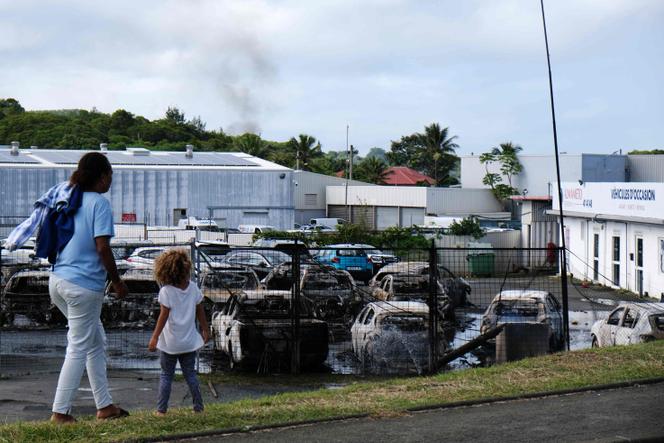


In this interview, anthropologist Pierre-Yves Le Meur, a researcher at the New Caledonia-based Institut de recherche pour le développement (Research Institute for Development), discusses the political and social importance of the archipelago's mining industry.
The archipelago is heavily dependent on nickel. It has been mined for 150 years. And for many young people living in mining communities, the mine is their future. They know they'll be working there, earning decent wages, but they sometimes forget to think about a different future. This mindset also holds them back. The mining and metallurgy sector, which accounts for 20% of employment in New Caledonia, is not just an economic player, it's also a social and political issue. It has absorbed a growing Kanak workforce over several decades.
Since the 1960s, mining has gradually led to the emergence of long-term Kanak wage earners, and the rebalancing policy resulting from political agreements has also played a role. The employment model has changed. Today, Kanak workers are generally employed as machine operators in construction and public works around the mines, rehabilitating the sites after mining, and the like. Some are middle or senior managers with university training of two years or more. The sector has also become increasingly female, with women making up 30% of the workforce in some places.
These communities simultaneously entered the civic world – with the right to vote – and the market economy with the political liberalization of the 1950s and 1960s. The average education level also rose, albeit very slowly. The first Kanak high school graduate dates back to 1962, which says a lot about the colonial heritage weighing on New Caledonia. Within the archipelago itself, there is a gap between Grande Terre and the Loyalty Islands, which have undergone less brutal colonization and have higher average levels of education. Kanak from the Loyalty Islands are relatively over-represented among mining company executives.
On average, the Kanak standard of living remains lower than that of other communities. Ethnic statistics show major differences in poverty and median income, even though there is also a white population with low income. Median income in the predominantly Kanak communes on the east coast is only 40% of that in [the capital] Nouméa. And socio-economic inequalities are, on the whole, much higher in New Caledonia than in mainland France.
You have 41.83% of this article left to read. The rest is for subscribers only.
